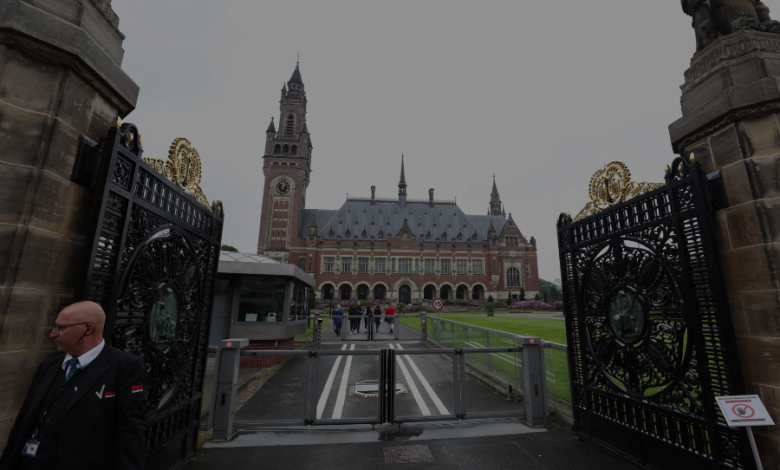Turkey officially joins South Africa’s genocide case at ICJ against Israel

Prime Minister Recep Tayyip Erdogan said last week that Ankara had formally joined the application for pardon of the South African case against Israel at ICJ, which would increase the momentum on the Israeli government to stop operations in the Gaza Strip. On Wednesday, this request was filed by Ankara’s envoy to the Hague, Selcuk Unal, and a Turkish delegation, the Anadolu, Turkey’s news agency informed.
On this occasion, the Ministry of Foreign Affairs of Turkey stressed the importance of this step, adding that ‘Turkey decided to intervene because the Palestinian issue is of great significance for our country, which can only be solved by the laws and justice; international human conscience and the law will punish members of the Israeli regime.
This way, Turkey becomes the seventh country to join the case in the threshold ‘international’ body, most recently joined by Colombia, Nicaragua, Spain, Libya, Palestine, and Mexico. Turkey’s involvement will help to silence the case or to be more concrete with Israel; Sinem Koseoglu of Al Jazeera TV news channel in Istanbul added that ‘When there are more parties involved in any case, the case gets stronger against the offender.
Palestinian resistance group Hamas also extolled the Turkish move in a statement on Telegram asserting that it proves Turkey’s support for the Palestinian issue. Because of this, Hamas called on other countries to come to the ICJ case and start pushing for an alliance to put an end to the occupation of Palestinian territories.
The current operation cast by Israel on the Gaza Strip has led to nearly forty thousand Palestinians’ deaths, great devastation of properties, and a shortage of food for the more than two million people in the territory. The South African case against Israel includes numerous comments made by Israeli politicians calling for the creation of cast or the collective punishment of Palestinian residents. It identifies Israel as employing genocide in the Gaza Strip.
In the framework of the UN’s Genocide Convention, genocide embraces acts done to destroy, in whole or in part, a national, ethnical, racial, or religious group, which involves killings and preventing births. January’s South Africa’s submission contains a Request for Urgent Provisional Measures seeking to put a stop to the massacre of Palestinians throughout the proceedings. The ICJ has asked Israel to stop genocide in Gaza and facilitate humanitarian assistance but did not directly call for the end of Operation Cast Lead.
In March, the ICJ went further to order that Israel must assist in the timely delivery of necessities such as food to Gaza, with starving individuals continuing to rise exponentially, arising from the blockade by Israel. In May, the court ordered Israel to “stop immediately its military operation” in Rafah, which is home to most of Gaza’s displaced people, but Israel has ignored this order.
As authoritative as the ICJ’s decisions are, there’s no direct way to enforce the United States’ veto power, which frequently blocks actions against Israel on the violators. However, the US veto often stops actions against Israel.
Last month, in another Advisory Opinion, the Apex Court of the World declared Israel’s occupation of Palestinian territories as unlawful and called for it to be terminated “as soon as possible.
Turkey intervenes in the genocide case at a time of increasing hostility between Israel and Turkey regarding the situation in Gaza. Turkish President Recep Tayyip Erdogan threatened in early July to directly enter the Palestinian war, and after that statement, even the Israeli Foreign Minister Israel Katz condemned it. Significant tensions arose when Katz claimed Erdogan was leading Turkey to dictatorship. Turkey seized the accusation by saying that Katz was lying and that the country would remain a steadfast supporter of Palestinians.




